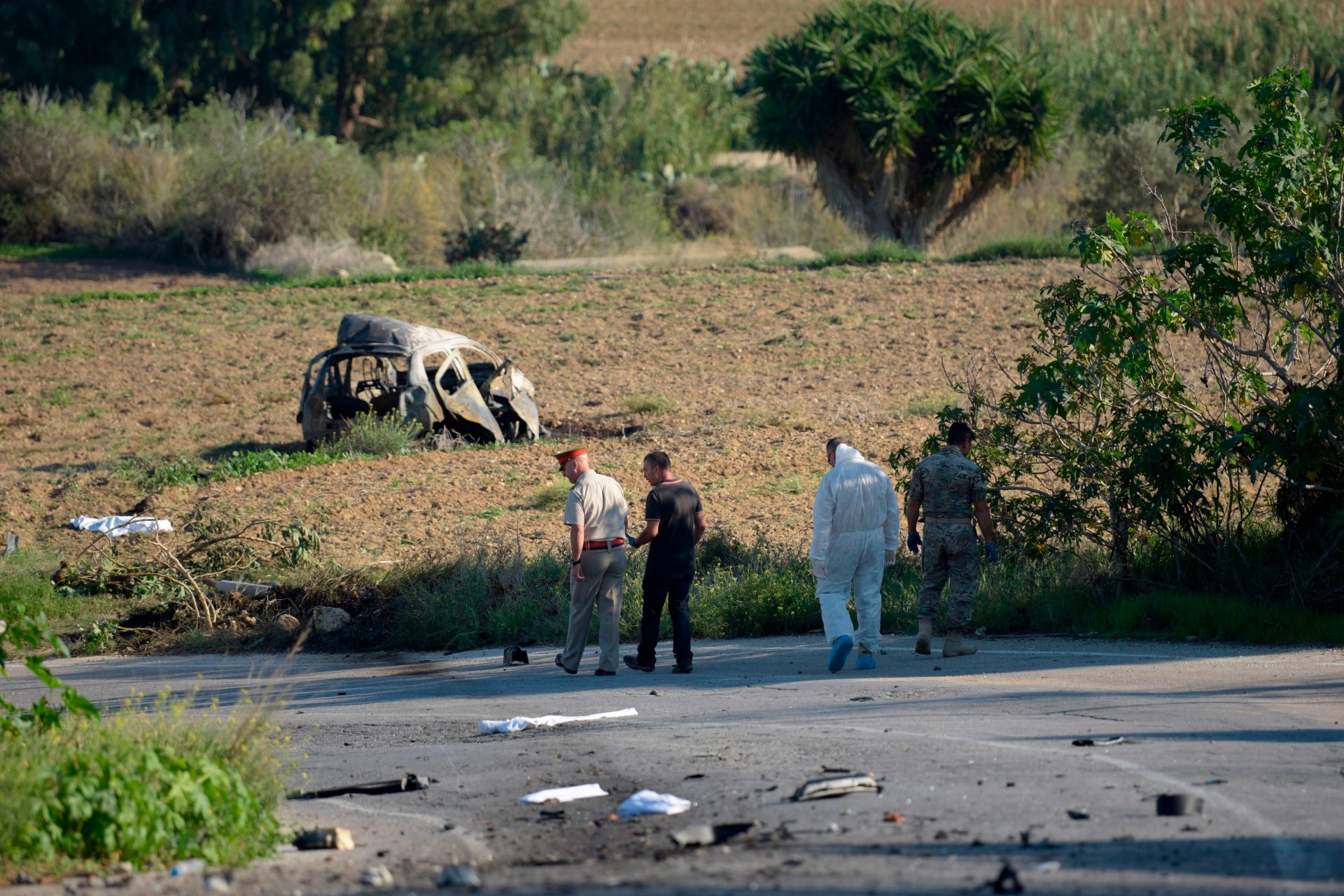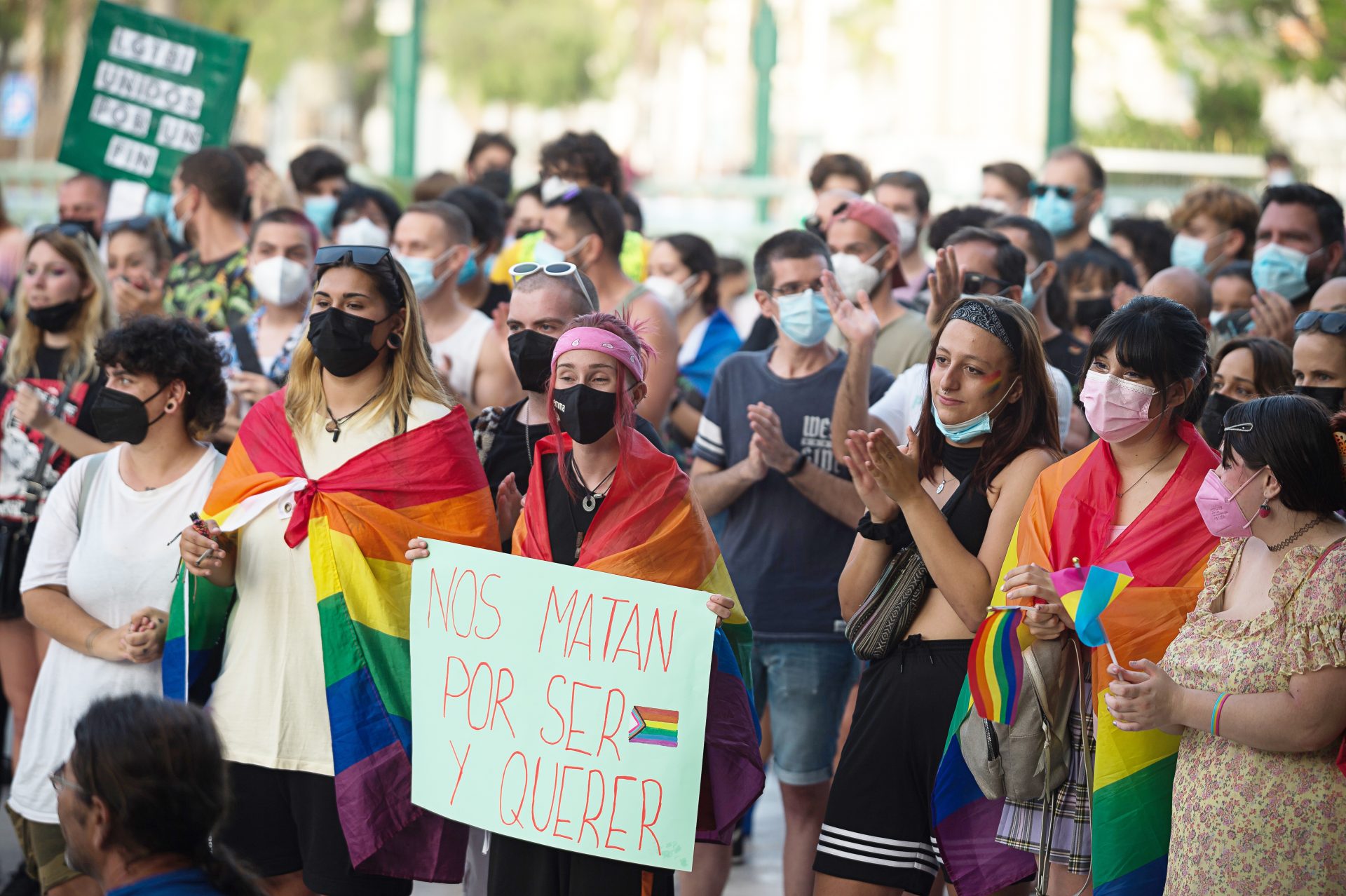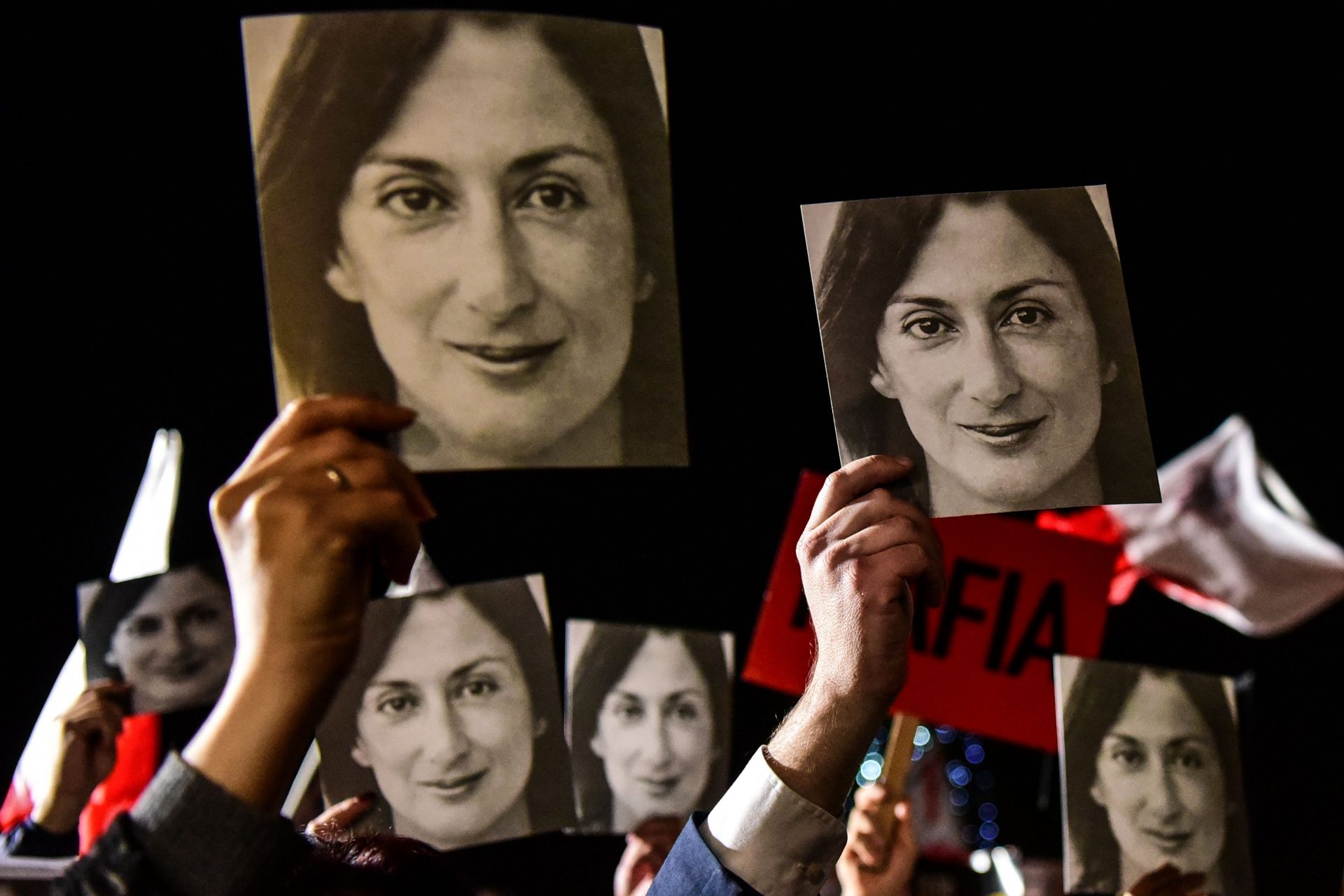Poland’s upper house, the Senate, last week rebuffed the government’s attempt to pass legislation that restricts foreign ownership of media companies. Critics argue that the law aims to throttle TVN, the most influential opposition broadcaster.
Until recently the government has denied this but last week, prime minister, Mateusz Morawiecki, launched a direct attack on the station saying its news output was “biased” and “provoked hatred of its opponents”.
The situation remains on a knife-edge as the government can overturn the Senate’s rejection if it secures a two-thirds majority when the bill returns to the Sejm, the lower house.
Prompted in part by the latest developments in Poland, four months ago I convened a group of senior journalists and editors from across Central Europe to compile a report to examine how EU member state governments were upholding their commitment to a free press.
The resulting report, Europe’s Free Press Under Siege, published this week, catalogues a sorry list of governmental and oligarchic interests systematically eroding media freedoms in clear violation of EU standards and norms.
The abuses which the report details range from the withdrawal of broadcast and publishing licences up to the murder of individual journalists.
At the same time, the Association of Independent Journalists (AIJ), has written to the EU Commissioners demanding that the Commission undertakes concrete action to bring the attacks on journalists, editors and independent media outlets to an end.
Upholding the rights of a free and independent media is one of the core issues looming as Brussels prepares to do battle with several recalcitrant governments.
It is not an exaggeration to say that the very identity of the European Union is at stake.
The new report quotes Adam Michnik, founder of Poland’s most popular broadsheet, Gazeta Wyborcza, as saying that the various attacks “on media freedom in Poland clears the way for an all-out assault on the very values on which the European Union was founded”. And it is a story repeated in several other countries.
The most common tools used to stifle opposition media are bureaucratic or economic.
Last week, the Slovene Supreme Court ordered prime minister, Janez Jansa, to keep funding the national Press Agency, the STA. In 2020 Jansa had launched a series of attacks on the agency calling it “a disgrace”. He also demanded the sacking of that its director, Bojan Veselinovic. Then in December, the government blocked its subsidy to the STA for alleged accounting errors.
Ali Zerdin, a founder member of the AIJ, said the “attempts to bankrupt our national press agency are just the latest in a wave of activities by the Jansa government to avoid democratic scrutiny”. He added that “we need urgent support at a European level. Without it, our only independent news agency will be hollowed out or destroyed”.
Most hair-raising of all is how in recent years journalists have become targets for organised crime groups, some of whom have been suspected of connections to oligarchic business interests and governments. In April, the veteran Greek investigative journalist, Giorgos Karaivaz, was shot dead near his house in Athens in an act with the hallmarks of an organised crime hit. More recently, the Dutch crime reporter, Peter de Vries, was murdered in broad daylight in Amsterdam.
The two events echo the mafia-style executions of Daphne Caruana Galizia in Malta and Jan Kuciak and his partner in Slovakia in 2017 and 2018 respectively. Investigations into these murders and others have been slow and in some cases suspicions have been voiced of governmental or commercial interference.
The report is published at a critical time as the EU prepares for critical elections which will have a significant impact on the overall political atmosphere of the Union. Along with the elections for a new Bundestag and chancellor in Germany, France is preparing for presidential elections next year. Some have argued that Viktor Orban who stands accused of multiple violations of press freedom has enjoyed the protection of outgoing chancellor Angela Merkel in exchange for his support of the European People’s Party. If that is the case, it is now likely to change.
Less well known but also significant are the upcoming elections in the Czech Republic and the third parliamentary vote this year in Bulgaria which is now set for November. The European Broadcasting Union has warned that the Czech government of Andrej Babis has been attempting to influence Czech TV, arguably the most impressive public broadcaster in Central Europe, by packing its supervisory board with members sympathetic to the government.
In Bulgaria, the owners of the country’s major media outlets have cooperated to exclude journalists from publishing if they disapprove of their output.

These events have seen several EU member states drop down the press freedom ratings in this year’s World Freedom Index. Bulgaria is the worst performer, languishing at number 112.
In its letters to the European Commissioners, Vera Jourova, Didier Reynders and Thierry Breton, the AIJ argues that the EC can use its powers to ensure the implementation of the single market as a way of guaranteeing media freedom, comparing the regulatory requirements on the pharmaceutical industry to the media sector.
“Nobody considers it an undue imposition on their business model to demand drugs be subjected to independent scrutiny,” the AIJ writes, adding “Indeed, the companies not only facilitate and coordinate their involvement
in scientific peer review, they also make adherence to best practice
a central plank of their marketing”.
These developments come as some believe that the European Commission is stepping up its preparations for a major battle with recalcitrant member states.
It has taken a long time, but the European Commission has finally started to get serious about member state violations of the EU’s foundational commitment to the rule of law and democratic processes. Didier Reynders, EU Justice Commissioner, recently threatened that the EC would block the disbursement of up to 36bn euros of Covid recovery funds for Warsaw’s systematic interference with Poland’s judicial independence. Along with that threat, Reynders also called on the European Court of Justice to impose fines on Poland of 1m euros a day.
The response from the Polish government has been predictably bullish.
One senior MP, Marek Susak, said that Poland would “fight the Brussels occupier”, just as it had done other invaders in the past. Explicitly equating the EU with Nazi Germany and communist Eastern Europe as Susak did is a familiar trope from the Brexit debate in 2016.
Within the Polish context, such language is yet more emotive. It suggests that we may be witnessing the final preparations for a battle royale over the core identity of the EU. But in order for that rule to be upheld, the European Commission must also demand that media freedom remains sacrosanct across the Union.
- Misha Glenny is an author and journalist who chairs the Committee for Editorial Independence which monitors attempts at proprietorial, governmental or commercial interference in the publications of the Economia group in Prague



